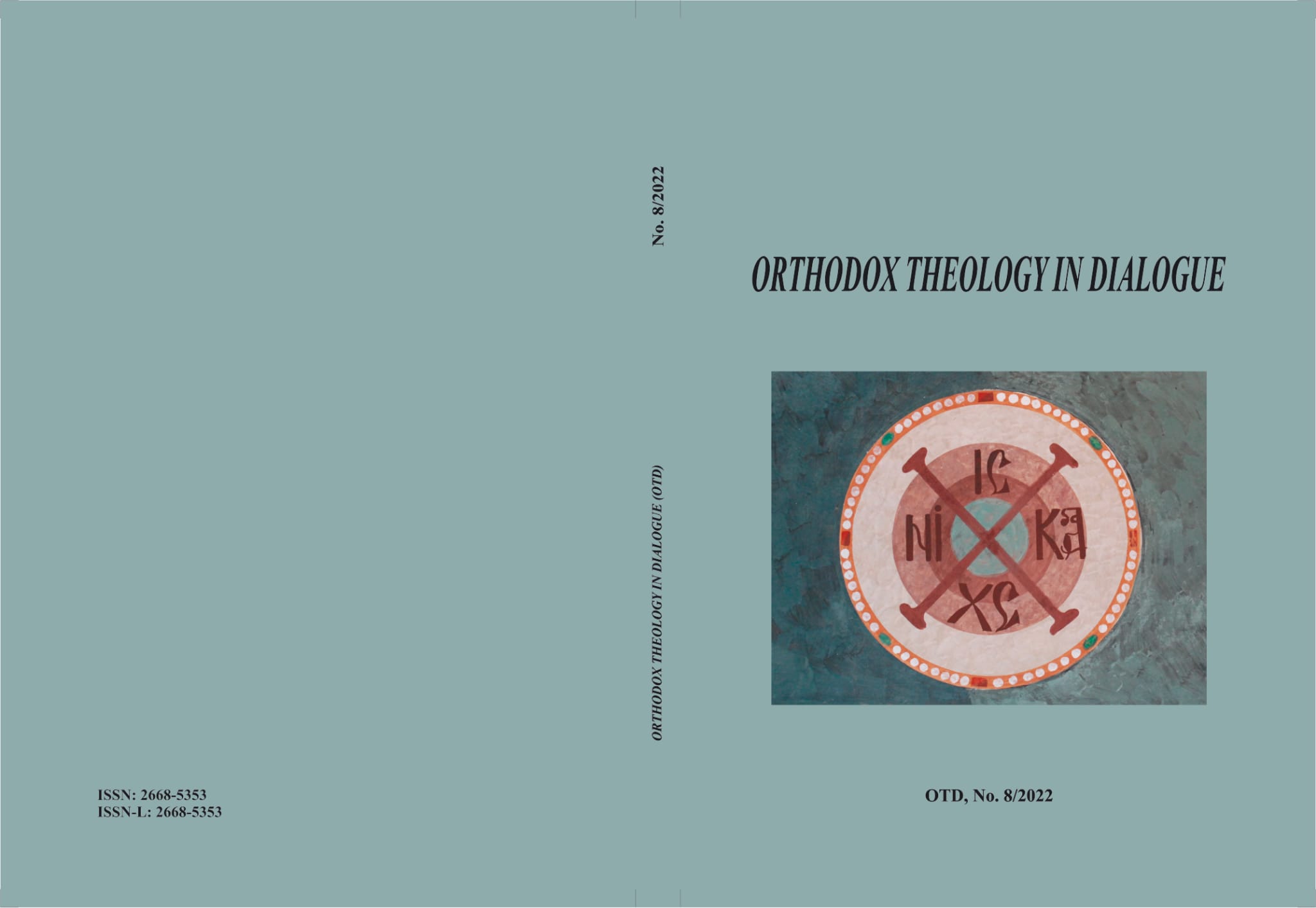BIBLICAL CANONS IN THE POSTMODERN WORLD:
TRUTH OR DARE?
BIBLICAL CANONS IN THE POSTMODERN WORLD:
TRUTH OR DARE?
Author(s): Constantin JingaSubject(s): Christian Theology and Religion, Gender Studies, Biblical studies
Published by: MITROPOLIA OLTENIEI
Keywords: Biblical Canon; Authority; Postmodernism; Apocrypha; Metanarrative; Subjectivism; Suspicion; Reader-Response Criticism; Feminist Biblical Interpretation; Secular Literature; Phantasy;
Summary/Abstract: The present paper begins with an image revealed by a physical map of the current city of Byblos (Lebanon): an old harbour, used in Antiquity for importing papyrus into the Hellenistic world, from Ancient Egypt. In Byblos today, the old harbour of Byblos is a museum, a remnant of a remote past, while the modern present-day city develops around a newly built motorway. Regarding the biblical canon, things are looking quite the same: referential mutations do have direct consequences and result in significant changes in the way the Scriptures are approached, biblical narratives are read and the canon of the Bible is reconfigured. Surveying some of the main changes that took place during the last decades, the author examines various new ways of referring to the secular literary canon and its consequences on the way the biblical canon is thought about today. The preference for apocrypha, the ignorance of biblical canon(s) throughout the Judeo-Christian-based world and the prevalence of reader-response criticism tend to lead to the exclusion of the Bible from a possible contemporary canon or to replace the Scriptures with other texts considered to be more appropriate today. Finally, the article briefly look at how the biblical canon was established and then received by early Christian communities. The author is asking for a reconsideration of the fact that, until the establishment of canonical lists, these lists rather have had the purpose of establishing a corpus from which one could select what was considered right and useful for the faithful to be exposed to. Their function was thus similar to the way canons of modern literature function today. If the truth is that the biblical canon is at stake in the postmodern world today, then what is the dare? The dare could be to raise a question like: “What was the Bible like before it was turned into a book?” The author is daring us to ponder on this.
Journal: ORTHODOX THEOLOGY IN DIALOGUE
- Issue Year: 8/2022
- Issue No: 8
- Page Range: 98-121
- Page Count: 24
- Language: English

